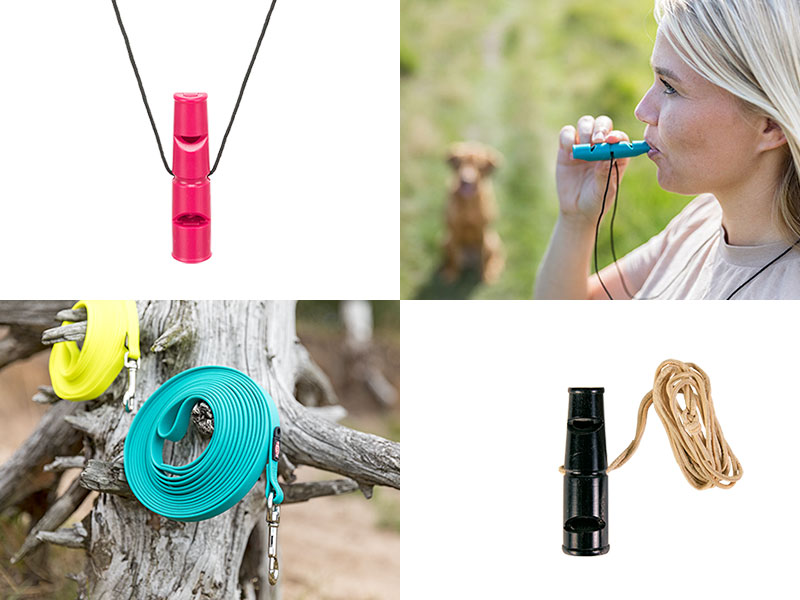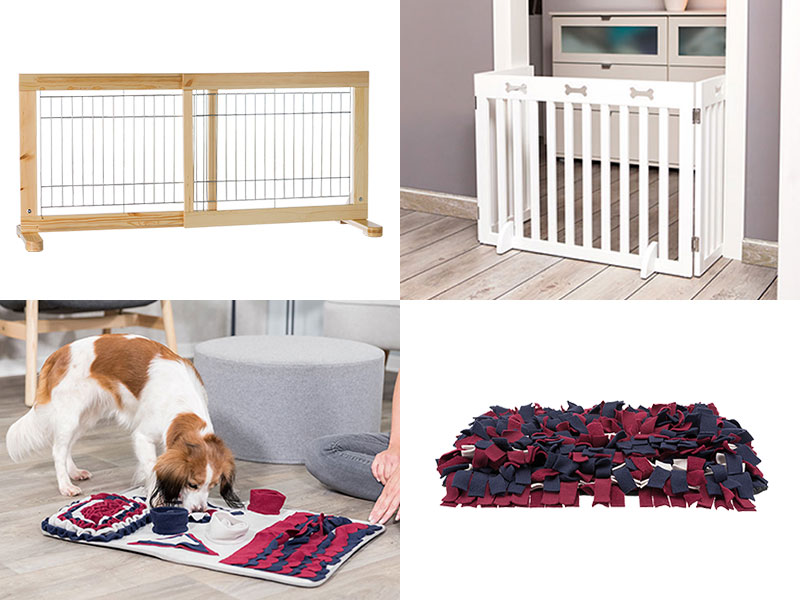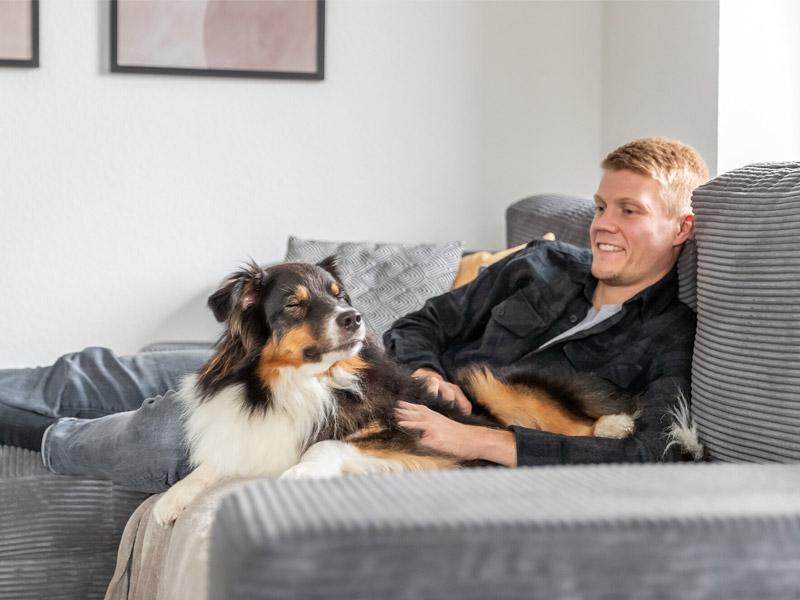Senior – Tips for deteriorating vision and hearing and with dementia
Living with an old pet is something special. Not only that the bond to your four-legged friend has become deeper and deeper over the years, our senior pets also develop a special charisma that is often defined by dignified composure and calmness.
A lot of things happen more slowly now and the need for periods of rest has increased. You need to pay special attention here as many changes go unnoticed at first. Regular check-ups at the vet are important as illnesses such as e.g. arthrosis or diabetes can be diagnosed there.
Deteriorating vision - blindness
With our furry friends, vision often deteriorates when they get older. The cause for this is often cataract that can be seen in the eye lenses as they slowly become opaque. The best support you can give your senior pet is by creating barrier-free surroundings and making no changes to your joint living space any longer. Familiarity creates a feeling of safety.
This goes for the outside as well. Dogs will continue to enjoy their usual walks. Taking your pet on a leash gives support and is also clearly advisable for safety reasons.
You do not have to stop playing, for many blind or visually-impaired dogs are just as lively and enjoy playing as much as dogs that can see normally. However, they do need special toys. Soft yellow toys that emit sounds are optimal. Yellow is a colour dogs can see particularly well. In addition to that, these toys address your senior dog's sense of hearing and are easy to grip and carry.
Deteriorating hearing - deafness
The hearing often deteriorates with age. If commands that you call out are no longer followed, this creates new challenges. However, there are solutions for this. Sometimes dogs that are hard of hearing can still hear, e.g., the sounds of a dog whistle well. If you can no longer go for walks without a leash, your dog is sure to be happy to get the widest possible range of motion with a tracking leash or a retractable leash.
Dementia (Cognitive Dysfunction)
When old dogs become demented, quite a lot of changes in the lives of humans and their pets. The disease can affect memory, cognitive functions, motor skills and your pet’s personality. Affected pets often give the impression of being without orientation, they cannot find rest and their sleeping behaviour changes. What your senior pet needs from you now above all is understanding and patience.
There are a number of measures that can ease your life together. Avoid any kind of stress. Regular daily routines and familiar surroundings give your partner with the grey snout stability and security.
Check your joint living space for possible obstacles and sources of danger. If your old pet wanders around at night, night lights can give orientation. Maybe it can make sense to close off some rooms or stairs completely?
Many old pets love their rituals, but for demented pets these are all the more important. In particular, sniffing carpets can be a great help. Sniffing relaxes and keeps the pet occupied and serves to interrupt phases of unrest. In addition to this, small retrieving games help a demented older pet to mentally stay as active as possible. It is best to fit short units of play into your day.



